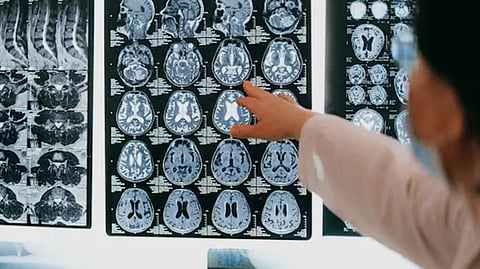

Kerala health authorities have sounded the alarm following a rise in cases of Primary Amoebic Meningoencephalitis (PAM), a rare but deadly brain infection caused by the Naegleria fowleri parasite, commonly referred to as the “brain-eating amoeba.”
So far this year, the state has recorded 61 confirmed cases and 19 deaths, with many fatalities reported in recent weeks. Patients have ranged in age from a three-month-old infant to a 91-year-old, highlighting the wide vulnerability to the infection.
State Health Minister Veena George described the situation as a serious public health challenge. Unlike previous years, when cases were linked to clusters in Kozhikode and Malappuram districts, new infections are now appearing sporadically across the state, complicating investigations.
PAM is a central nervous system infection that rapidly destroys brain tissue, leading to severe swelling and, in most cases, death. Though extremely rare, it typically affects otherwise healthy children, teenagers, and young adults.
The amoeba thrives in warm, stagnant freshwater such as ponds, lakes, and poorly maintained pools. Infection occurs when contaminated water enters through the nose, allowing the parasite to travel via the olfactory nerves to the brain. Drinking contaminated water does not cause the disease.
Experts warn that climate change and rising temperatures may be increasing the risk by warming freshwater bodies and driving more people toward water-based recreation.
Early symptoms resemble bacterial meningitis and include severe headache, fever, nausea, and vomiting. The illness progresses rapidly, causing cerebral swelling that often proves fatal. Symptoms may appear one to nine days after exposure.
PAM has a very high mortality rate due to delayed diagnosis and its fulminant course. Only a handful of survivors have been documented worldwide, mostly when the infection was detected at an early stage. Doctors stress that early detection and immediate treatment with antimicrobial combinations are critical to saving lives.
The Kerala government has urged people to avoid swimming or bathing in stagnant freshwater and to seek urgent medical attention if symptoms develop following such exposure.
(This story is published from a syndicated feed)